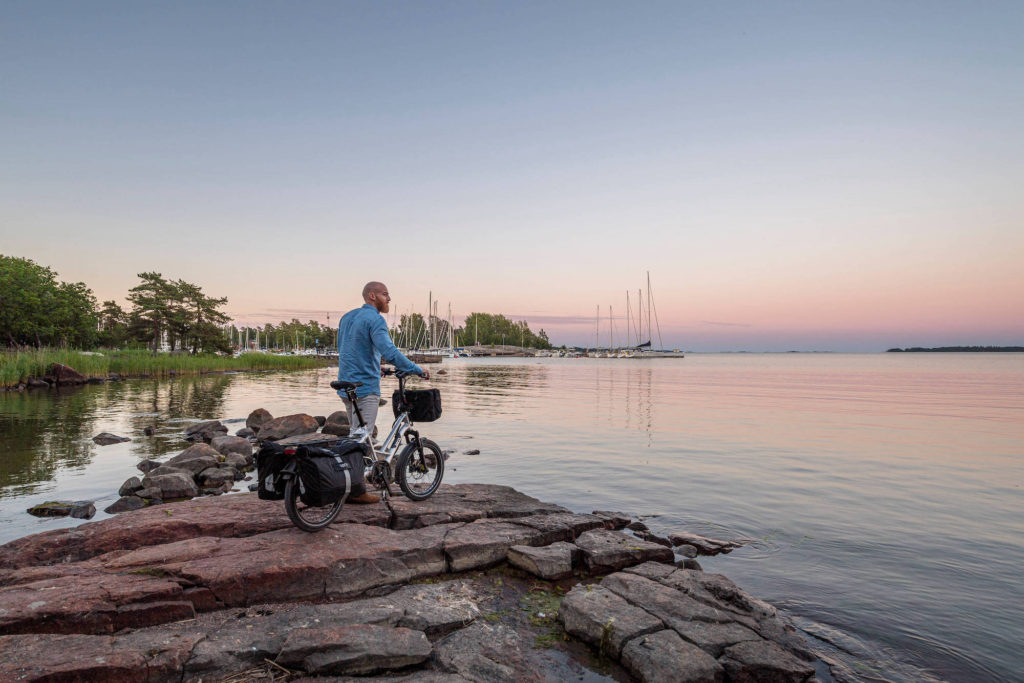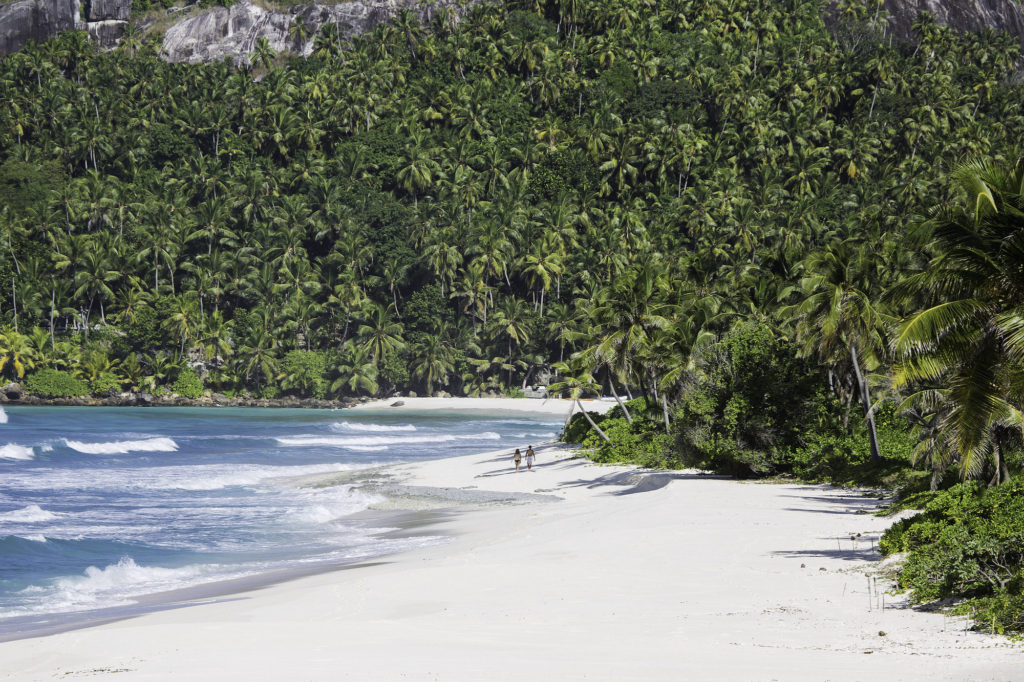As Travelbinger predicted in 2020, Covid-19 would change the way we travel and bring light to sustainable travel. There’s been a global awakening on the climate crisis, and travelers are showing more interest in ways to travel responsibly, especially since hotels, trains, Airbnbs, property management systems like eviivo and many other travel brands have looked at travel in a whole new way at sustainable travel with trends that emerged post-pandemic.
Travelbinger spoke to Jessica Blotter, CEO and Co-Founder of Kind Traveler, on three sustainable travel trends you can expect for 2023.
3 Sustainable Travel Trends for 2023, According to Kind Traveler
- Impact Travel as a Pathway to Regenerate Communities

Impact Travel is defined by the Center for Responsible Travel (CREST) as “tourism that makes strategic contributions of time, talent, and treasure to social and environmental projects in destinations. This includes tourism businesses, travelers, and organizations in partnerships with host communities.” Its goal is to “ensure healthy communities are the basis for a healthy tourism sector.”
Impact travel can be a meaningful pathway to regenerate and heal communities that have been economically devasted from Covid-19. This becomes especially important when you consider 60M individuals were facing extreme poverty because of the pandemic according to World Bank (erasing all poverty alleviation efforts made over the last three years).
Furthermore, as demonstrated during the pandemic in Booking’s 2020 Global Research Report, 55 percent of travelers want to see how their travel dollars are going back into the community as demonstrated in the ‘Impact Awakening’ trend. Impact travel will be a powerful tool to heal communities while fulfilling the need travelers have to positively impact the communities they visit.

One example of impact travel in action was through Kind Traveler’s Give + Get hotel booking model where travelers give a $10 nightly donation to a locally vetted charity that positively impacts the community, and in return, receive exclusive rate and perks from Kind Hotels. 100% of donations went to charity creating a triple win.
A $10 donation can go a long way. For example, in Sonoma County, it provided 20 nutritious meals to in-need individuals with the Redwood Empire Food Bank, helped clean 250 lbs. of trash out of the Russian River with Russian Riverkeeper or helped maintain one mile of hiking trail with Sonoma Land Trust. You can continue to see this as a sustainable travel trend for 2023.
For more examples of meaningful impact travel opportunities, check out CREST’s Impact Tourism Handbook.
- Plant-Based Travel to Advance Climate Activism

It’s a known fact that livestock are responsible for about 14.5 percent of global greenhouse gas emissions, according to the United Nations’ Food and Agriculture Organization (FAO). In addition to being the largest greenhouse gas emitter, the livestock sector is also the number one cause of biodiversity loss and habitat destruction.
The tourism industry alone contributes to 8% of global greenhouses gases (Nature). With the climate crisis as the biggest threat to the tourism industry as reflected in the Center for Responsible Travel’s ‘The Case for Responsible Travel: Trends and Statistics 2020,’ the need for climate friendly travel and lifestyle has never been greater.
Beyond carbon offsetting, choosing carbon friendly ways to travel and avoiding plastics and committing to zero waste throughout the travel journey, one of the biggest ways to fight the climate crisis is to eat more plant-based foods.

From plant-based hotels, restaurants, menus, and itineraries, plant-based or vegan travel, we will continue to see innovative advances in this sector in 2021 and beyond.
One example of plant-based innovation is taking in place in California’s Sonoma County, knowing all too well the impact of climate change. Wine Country 2.0 was launched by Sonoma-based Miyoko’s (world changing cheese and butter made from plant milk) as a resource to discover vegan wine, culinary indulgences, and experiences. The mission is to unleash the ‘New World’ spirit of California’s pioneering wine region to ‘meet the demands of the changing climate and the changing tastes and expectations of today’s conscious visitors and guests.’
- Travelers will choose destinations committed to sustainability, land and wildlife conservation, and equality

Beyond traveling sustainably from A to Z, choosing an accommodation committed to socially and environmentally conscious practices, supporting local businesses and ethical tour operators, and practicing responsible travel behaviors (leave no trace, be kind, etc.), travelers will also seek to visit destinations who share and advance the same values.
For example, we will see DMOs (destination marketing organizations) move to DSOs (destination stewardship organizations) to affirm commitments to protect natural landscapes for future generations (as in the case of Sonoma County Tourism). We will also see more destination’s launch responsible travel codes and pledges such as Visit California’s Responsible Travel Code and North Lake Tahoe’s educational guide, Know Before You Go. Destinations will also launch sustainable travel directories such as the guide found on the website of Fort Myers and Sanibel Beaches in celebrating its sustainable hotels, activities, nonprofits, and more.
Lastly, destinations that advance and promote equality and its diversity of people and cultures will be sought after. Educational guides such as Sonoma County’s Guide to Black-Owned Businesses will serve as important tools to creating a more equal and sustainable future. This is a sustainable travel trend we’re experiencing in 2023.
More stories:
Expert review: Nouhaus Ergo3D Ergonomic Office Chair for remote working
Cozy Earth sheets review: are they really the world’s softest sheets?
6 best airlines to fly economy class
All Zodiac Signs: Your 2023 Year Ahead Forecast
Travelbinger is proud to be a publisher with Google News and Apple News.
Some of the links in this post are affiliate links. If you click on the link and purchase the item, I will receive an affiliate commission. Please do! I’m a one-man team for this website, so any help is sincerely appreciated.
Travelbinger is now on YouTube! Subscribe here for exclusive travel tips and advice from founder Jimmy Im. Follow us on Twitter, Facebook and Instagram.
Jimmy Im has traveled to 113 countries, stayed in over 600 hotels and has flown a million airmiles. He lives in New York City.

